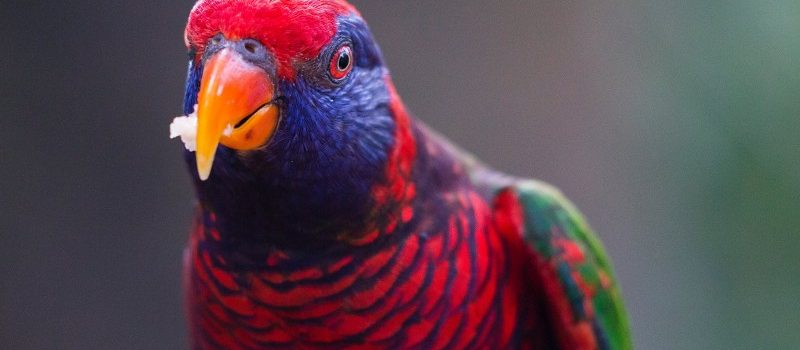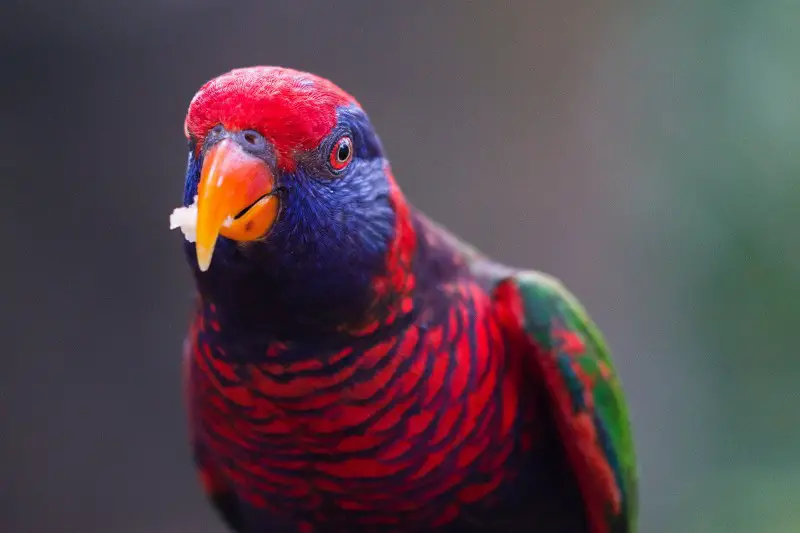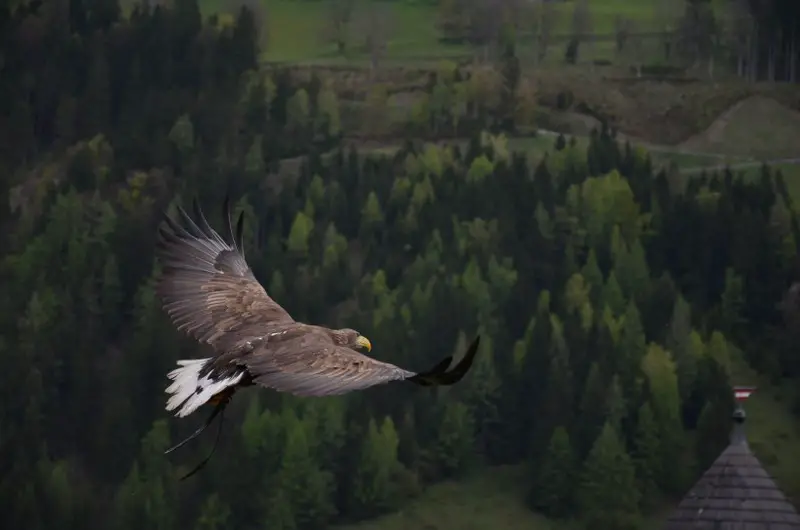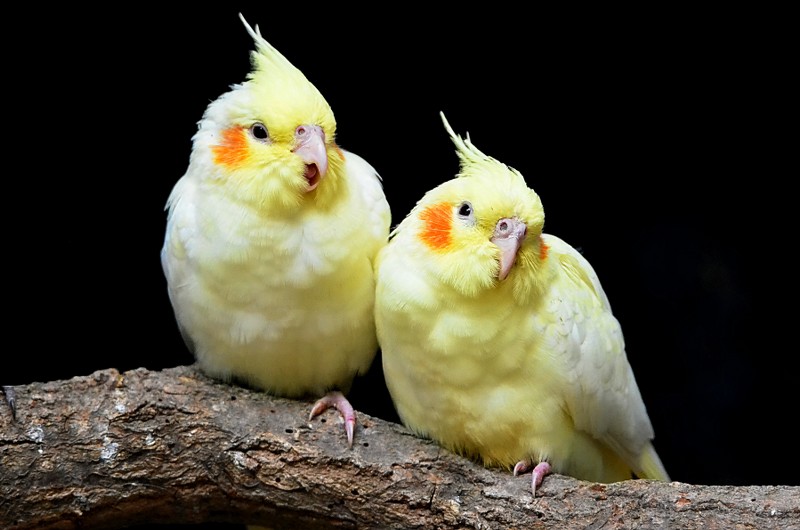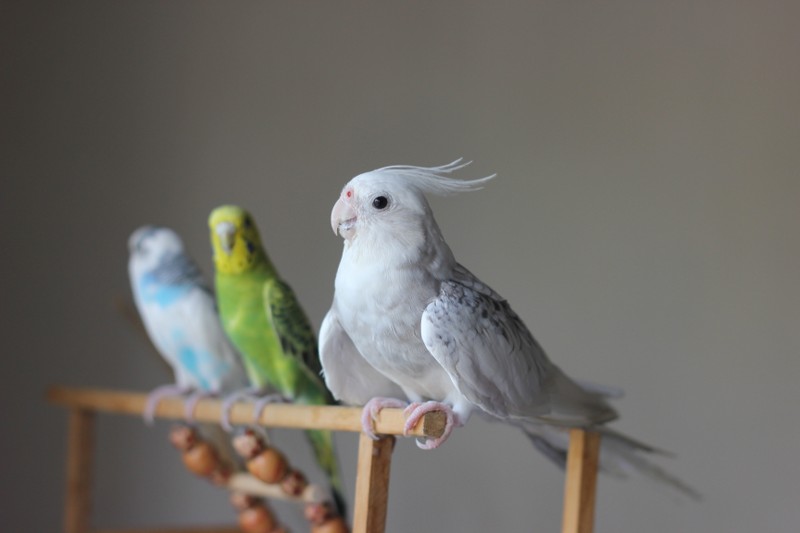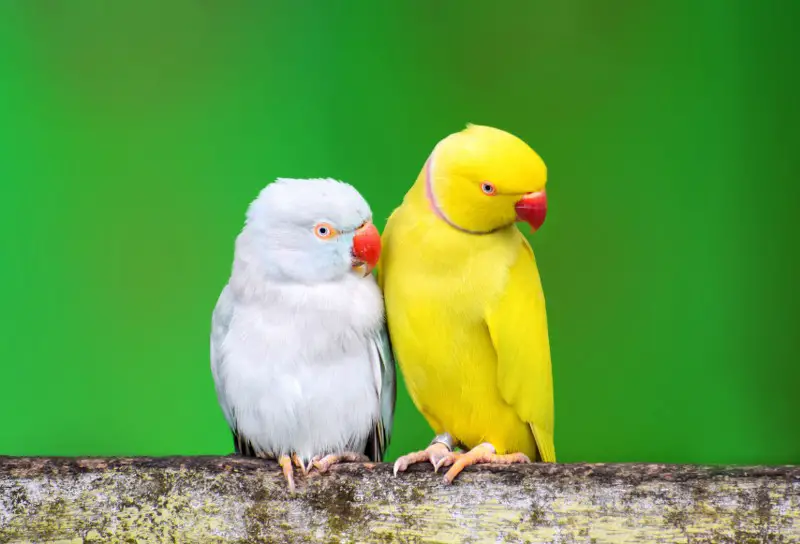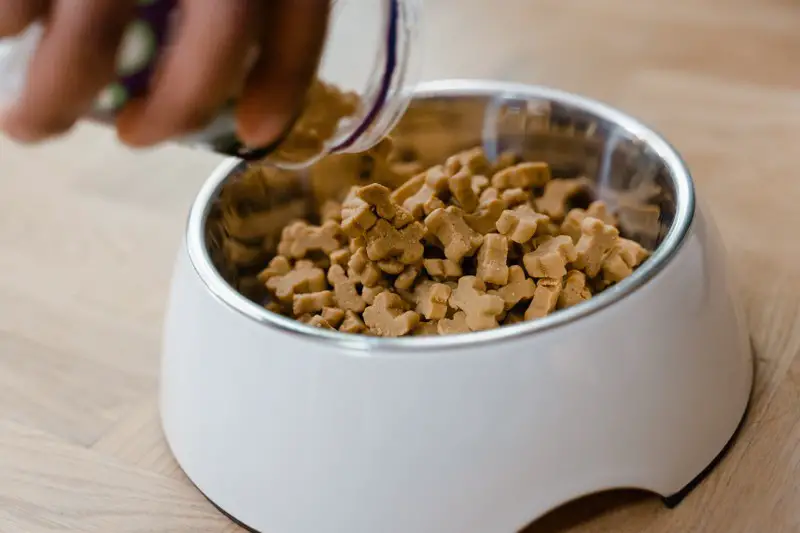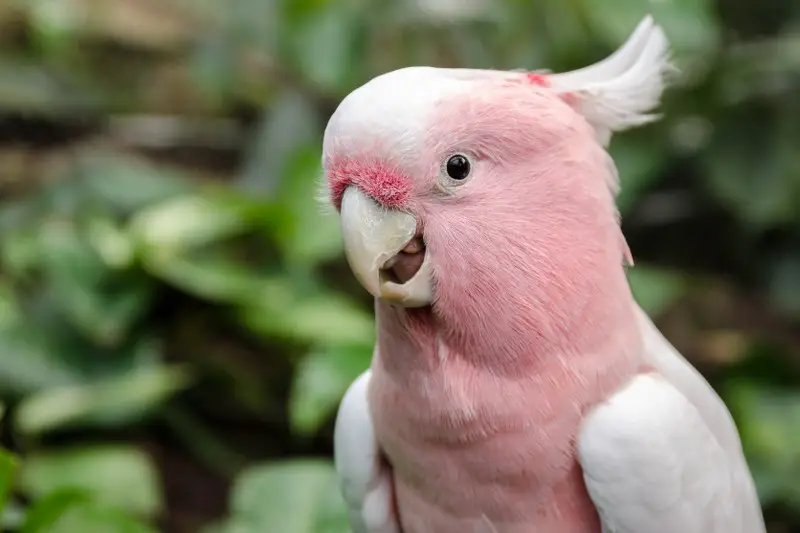Providing a nutritious diet for pet birds is not just a matter of preference but a crucial aspect of responsible avian care. Just like humans, birds require a well-balanced and wholesome diet to thrive. A bird’s diet significantly influences its overall health, immune system, and longevity. As such, the right blend of nutrients is fundamental to their well-being. Among the various components of a bird’s diet, seeds play a pivotal role.
Seeds have long been recognized as a staple food for many bird species, providing essential nutrients such as carbohydrates, proteins, and fats. They serve as a source of energy and contribute to the maintenance of a bird’s vibrant plumage and robust physique. In this context, the focus is directed towards millet seeds for birds, which have gained popularity as a favored dietary option for a diverse range of avian companions. Understanding the significance of millet seeds for birds in the context of avian nutrition sheds light on their importance and their place in the comprehensive diet of pet birds.
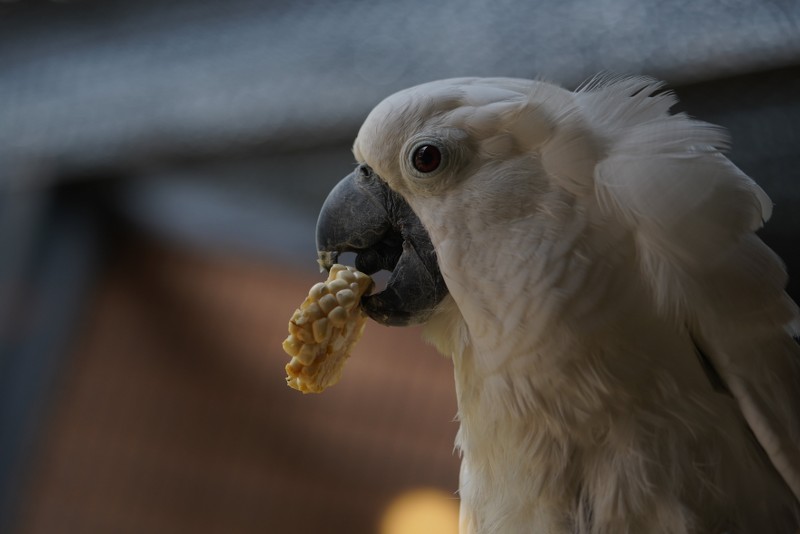
The Use of Millet Seeds for Birds
To understand what is millet seed for birds, it is important to understand its uses and benefits upon feeding it to your birds. Millet for bird seeds, widely utilized in avian diets, encompass various species of small-seeded grasses that are rich in nutrients and easily digestible for birds. Commonly used types include white, red, and yellow millet, each with distinct nutritional profiles and textures. These seeds are favored for their high carbohydrate content, essential amino acids, and moderate fat levels, making them an excellent energy source for birds of various species and sizes.
Furthermore, millet seed for birds contain essential minerals like iron, magnesium, and phosphorus, which contribute to bone strength and metabolic function in birds. Given their nutritional richness, incorporating millet for bird seeds into a bird’s diet is a strategic approach to ensuring a well-rounded nutritional intake. However, it is crucial to consider factors such as portion control, the specific dietary requirements of different bird species, and the need for dietary diversity, as excessive reliance on millet seeds alone may lead to potential nutritional imbalances over time. Balancing the inclusion of millet seeds with other food sources ensures a comprehensive diet that meets the diverse nutritional needs of avian companions.
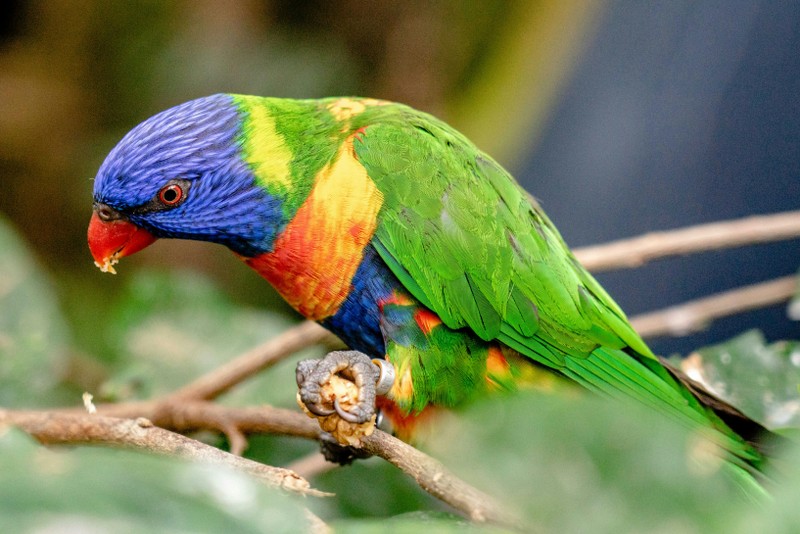
Benefits of Using Millet Seeds for Birds
Now that you know what is millet seed for birds, the question “Is millet seed good for birds?” may arise in your mind. Let’s have a deeper look into the benefits of feeding these seeds to your bird to clear any doubts. Millet seeds for birds offer a diverse array of benefits that cater to the specific nutritional demands of different bird species. Through their rich composition of essential nutrients, including carbohydrates, proteins, and fats, millet seeds play a pivotal role in supporting the metabolic processes and energy requirements of various avian companions.
Moreover, the consumption of millet seeds contributes significantly to the maintenance of vibrant plumage and healthy feathers in birds, owing to their content of key vitamins and minerals, such as vitamin E and biotin, which are essential for feather development and overall skin health. Beyond physical well-being, recent research has indicated that the inclusion of millet seeds in a bird’s diet can positively impact cognitive functions, fostering heightened learning abilities, memory retention, and problem-solving skills in avian species. This suggests that the benefits of millet seeds extend beyond mere nutrition, encompassing the cognitive and behavioral well-being of our feathered companions.
Check out the Top 7 Scary Large Prey Birds In Florida!
There are different types of millet seeds that you can feed your bird, among which are red and white seeds. There are certain red millet seed benefits for birds starting with its abundance of essential nutrients such as carbohydrates, proteins, and various vitamins. Red millet seeds provide birds with a valuable source of energy to support their daily activities and metabolic processes. These seeds also contain minerals like iron and magnesium, contributing to the overall well-being and vitality of birds, including the maintenance of strong bones and healthy organ function.
Additionally, the consumption of red millet seeds can enhance feather health, promoting the development of vibrant plumage and aiding in the maintenance of skin integrity. With their nutrient-dense composition and multifaceted advantages, red millet seeds remain a valuable dietary inclusion for ensuring the optimal health and vitality of pet and wild birds alike. Thus, the red millet seed benefits for birds are not negligible.
Apart from this, there is also white millet seed for birds, which is a common dietary staple for many bird species, and offers a range of valuable benefits for avian health. These seeds also contain important minerals like phosphorus and magnesium, which are essential for maintaining strong bones and supporting various physiological processes. Furthermore, white millet seed for birds support feather health and promote the development of vibrant plumage, ensuring birds maintain their striking appearance. With their rich nutritional profile and numerous advantages, white millet seeds are a crucial component in providing a wholesome and balanced diet for both pet and wild birds, fostering their overall well-being and vitality.
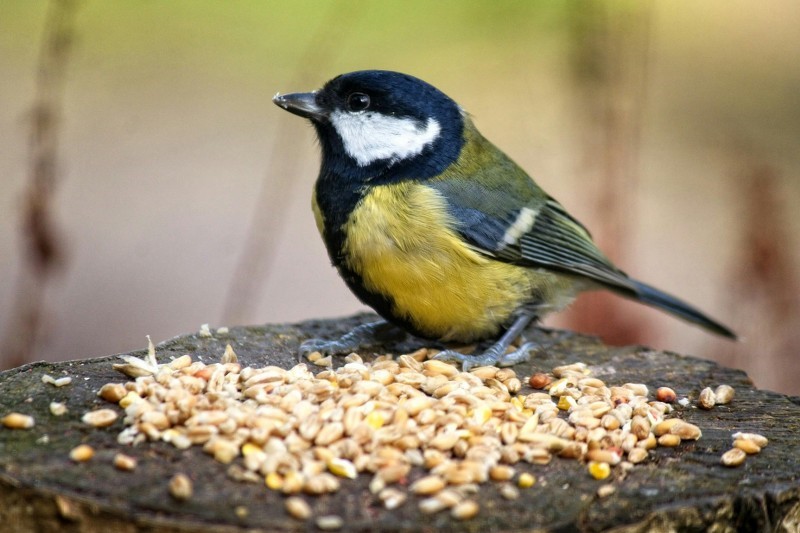
Incorporating Millet Seeds for Birds Into a Balanced Diet
Optimal Health
Incorporating millet seeds into a balanced diet is crucial for maintaining the optimal health and well-being of birds. A well-balanced diet for birds should include a variety of essential food items, such as fresh fruits, vegetables, grains, and proteins, in addition to millet seeds. By incorporating a diverse range of nutritious options, bird owners can ensure that their feathered companions receive a comprehensive array of vitamins, minerals, and essential nutrients necessary for their overall health. To achieve this, it’s advisable to integrate millet seeds with other bird feed options, such as leafy greens, whole grains, and commercial bird pellets, to provide a well-rounded and nutritionally rich diet.
Promoting Physical and Mental Health
This integration not only diversifies the nutritional intake of birds but also stimulates their natural foraging behaviors, promoting both physical activity and mental engagement. However, it’s crucial to practice moderation and closely monitor the quantity of millet seeds offered to birds. Over-reliance on millet seeds alone can lead to potential nutritional imbalances and health complications, such as obesity and deficiencies. Therefore, maintaining a balance between various food sources and ensuring controlled portions of millet for bird seed is essential to safeguarding the long-term health and vitality of avian companions.
Cons of Millet Seeds
Excessive Consumption
While millet seeds for birds can be a valuable component of a bird’s diet, excessive consumption can pose certain risks, particularly for certain bird species. Overindulgence in millet seeds, which are high in carbohydrates and fats, may lead to weight gain and associated health problems, such as obesity and related cardiovascular issues in some avian companions. To prevent potential dietary imbalances and associated health issues, it is essential to exercise precautionary measures. Bird owners should ensure that millet seeds are offered in moderation and as part of a well-balanced diet that includes other nutrient-rich foods. Millet seeds can be offered as treats as well,
Nutritional Imbalance
Over-reliance on millet seeds for birds as a sole dietary component for birds can contribute to potential nutritional imbalances. While millet seeds offer certain essential nutrients such as carbohydrates and some essential fatty acids, they do not provide a complete spectrum of vitamins, minerals, and proteins necessary for maintaining a bird’s overall health. This deficiency in essential nutrients can lead to various health complications, including weakened immune systems, poor bone development, and impaired organ function.
Birds may experience stunted growth, reduced fertility, and compromised feather quality as a result of an inadequate diet centered solely around millet seeds. To ensure the optimal health and well-being of birds, it is crucial to incorporate a diverse array of bird-friendly foods, such as fresh fruits, vegetables, grains, and specialized bird pellets, to supplement the nutritional content provided by millet seeds for birds and create a more balanced and comprehensive diet.
Conclusion
In conclusion, millet seeds for birds play a significant role in promoting the health and well-being of avian companions, offering essential nutrients and contributing to their overall vitality. However, bird owners must recognize that a diverse and well-balanced diet is essential for ensuring the comprehensive nutritional requirements of their feathered friends. While millet seeds can be a valuable dietary component, their limitations highlight the importance of incorporating a variety of other bird-friendly foods, such as fresh fruits, vegetables, and specialized bird pellets, to provide a more holistic and nutrient-rich diet.
Responsible bird owners are encouraged to prioritize the cultivation of a diverse dietary plan that meets the specific needs of their avian companions, fostering their long-term health and happiness. Understanding the dietary needs of birds is paramount in ensuring their optimal care, and by taking proactive measures to offer a balanced diet, bird owners can contribute to the longevity and well-being of their beloved feathered companions. For more informative articles, check out our blog!

